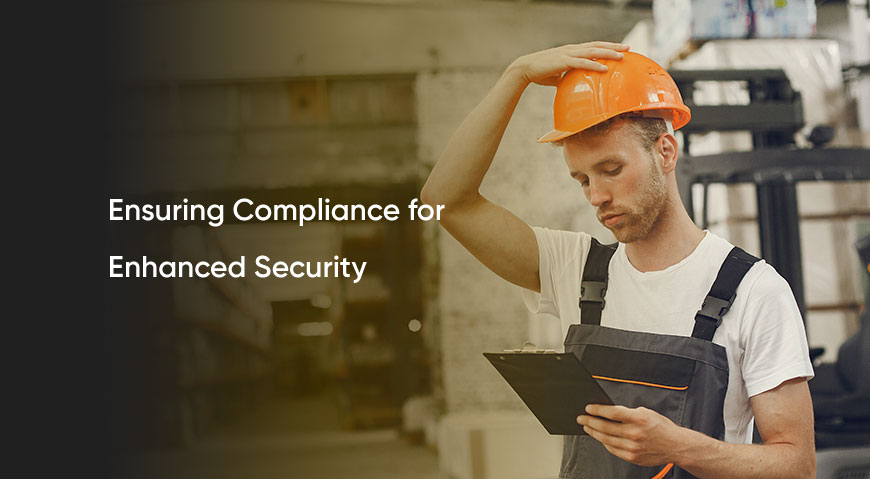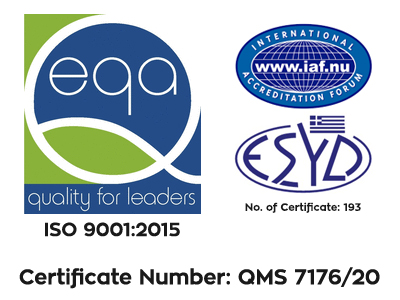
Ensuring the safety and well-being of lone workers isn't just good practice—it's a legal obligation. As the landscape of work evolves, the importance of adhering to lone worker safety legislation becomes increasingly crucial. Companies operating with lone workers must navigate and stay compliant with specific legal requirements to guarantee a secure work environment and mitigate risks effectively.
Understanding Lone Worker Safety Legislation
Lone worker safety legislation varies across regions and industries, encompassing a range of regulations designed to protect individuals working alone or in isolation. These laws outline the responsibilities of employers, ensuring the implementation of robust safety measures and emergency protocols to safeguard lone workers.
Key Components of Lone Worker Safety Legislation
 Risk Assessments: Legislation often mandates conducting comprehensive risk assessments tailored to the specific work environment of lone workers. Employers must identify potential hazards and implement measures to mitigate these risks.
Risk Assessments: Legislation often mandates conducting comprehensive risk assessments tailored to the specific work environment of lone workers. Employers must identify potential hazards and implement measures to mitigate these risks. Safety Protocols: Legal requirements stipulate the development and enforcement of clear safety protocols, including emergency response procedures and the provision of appropriate safety equipment.
Safety Protocols: Legal requirements stipulate the development and enforcement of clear safety protocols, including emergency response procedures and the provision of appropriate safety equipment. Training and Education: Regulations emphasize the necessity of providing adequate training and education to lone workers, ensuring they are equipped with the knowledge and skills to handle potential risks effectively.
Training and Education: Regulations emphasize the necessity of providing adequate training and education to lone workers, ensuring they are equipped with the knowledge and skills to handle potential risks effectively. Communication and Monitoring: Legislation often mandates establishing effective communication channels and monitoring systems to maintain contact with lone workers and provide immediate assistance during emergencies.
Communication and Monitoring: Legislation often mandates establishing effective communication channels and monitoring systems to maintain contact with lone workers and provide immediate assistance during emergencies.
Compliance Strategies for Lone Worker Safety Legislation
 Stay Informed: Keep abreast of the specific lone worker safety legislation applicable to your industry and region. Regularly review updates and changes in regulations to ensure ongoing compliance.
Stay Informed: Keep abreast of the specific lone worker safety legislation applicable to your industry and region. Regularly review updates and changes in regulations to ensure ongoing compliance. Conduct Thorough Risk Assessments: Prioritize conducting detailed risk assessments specific to the lone worker's environment. Identify hazards, evaluate risks, and implement measures to mitigate them in line with legal requirements.
Conduct Thorough Risk Assessments: Prioritize conducting detailed risk assessments specific to the lone worker's environment. Identify hazards, evaluate risks, and implement measures to mitigate them in line with legal requirements. Develop Comprehensive Safety Protocols: Create and implement clear and concise safety protocols aligned with legislative standards. Ensure these protocols are accessible, regularly updated, and effectively communicated to lone workers.
Develop Comprehensive Safety Protocols: Create and implement clear and concise safety protocols aligned with legislative standards. Ensure these protocols are accessible, regularly updated, and effectively communicated to lone workers. Provide Adequate Training: Invest in comprehensive training programs for lone workers, covering risk awareness, emergency procedures, and the proper use of safety equipment. Regular training sessions ensure compliance and preparedness.
Provide Adequate Training: Invest in comprehensive training programs for lone workers, covering risk awareness, emergency procedures, and the proper use of safety equipment. Regular training sessions ensure compliance and preparedness. Utilize Technology and Communication Tools: Leverage technological advancements such as mobile applications, panic buttons, and monitoring systems to comply with communication requirements and facilitate emergency responses.
Utilize Technology and Communication Tools: Leverage technological advancements such as mobile applications, panic buttons, and monitoring systems to comply with communication requirements and facilitate emergency responses. URegular Audits and Reviews: Conduct regular audits and reviews of safety protocols and practices to identify areas for improvement and ensure ongoing compliance with legislation.
URegular Audits and Reviews: Conduct regular audits and reviews of safety protocols and practices to identify areas for improvement and ensure ongoing compliance with legislation. Document and Maintain Records: Keep detailed records of risk assessments, safety protocols, training sessions, and communication logs. Documenting these processes demonstrates compliance in case of audits or legal inquiries.
Document and Maintain Records: Keep detailed records of risk assessments, safety protocols, training sessions, and communication logs. Documenting these processes demonstrates compliance in case of audits or legal inquiries.
Benefits of Compliance with Lone Worker Safety Legislation
 Enhanced Worker Safety: Compliance ensures the implementation of effective safety measures, reducing risks and promoting the well-being of lone workers.
Enhanced Worker Safety: Compliance ensures the implementation of effective safety measures, reducing risks and promoting the well-being of lone workers. Legal Protection: Adhering to legislation protects organizations from legal liabilities and penalties associated with non-compliance, ensuring a secure work environment.
Legal Protection: Adhering to legislation protects organizations from legal liabilities and penalties associated with non-compliance, ensuring a secure work environment. Reputation and Trust: Compliance with safety legislation enhances the reputation of the company, fostering trust among employees, clients, and stakeholders.
Reputation and Trust: Compliance with safety legislation enhances the reputation of the company, fostering trust among employees, clients, and stakeholders. Operational Efficiency: Effective safety measures lead to increased productivity, reduced absenteeism, and streamlined operations, positively impacting the organization's efficiency.
Operational Efficiency: Effective safety measures lead to increased productivity, reduced absenteeism, and streamlined operations, positively impacting the organization's efficiency.
Staying compliant with lone worker safety legislation isn't just a legal requirement; it's a moral obligation to ensure the safety and security of individuals working alone. By understanding and adhering to the specific regulations, implementing robust safety measures, providing adequate training, and leveraging technology, organizations can create a safe and compliant environment for lone workers. Prioritizing compliance not only protects organizations from legal repercussions but also fosters a culture of safety, trust, and well-being within the workforce.
For more info, you can contact us anytime at sales@myloneworkers.com
Written by Maria-Christina Antoniou



